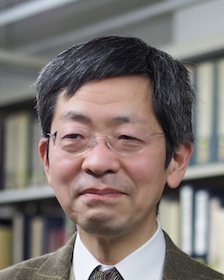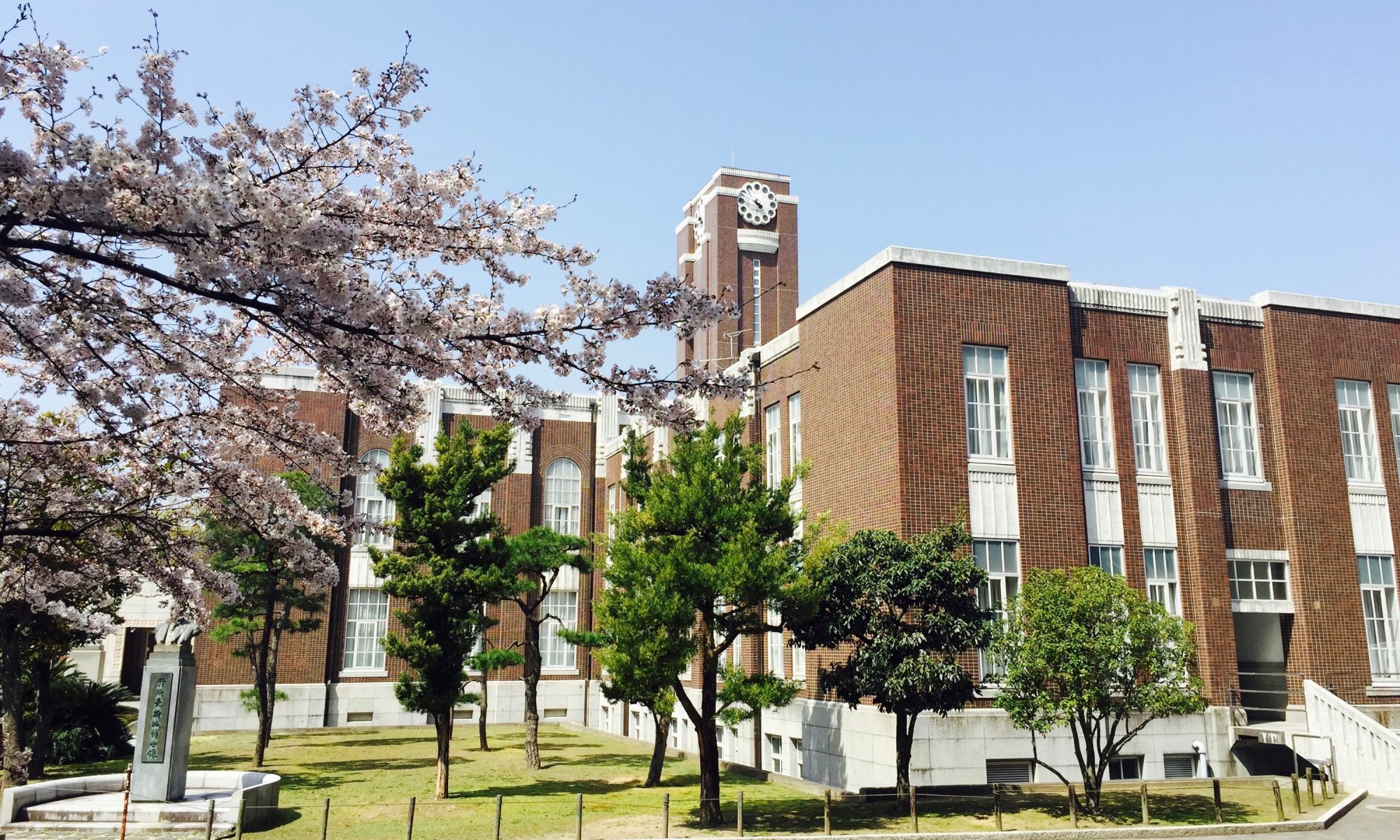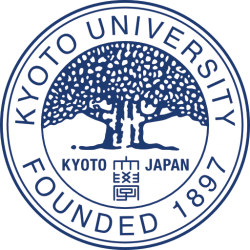Former Academic Staff

Position
Professor (retired)
Founder of Division
HIRATA Shōji is the founder of the program. His personal background is in Chinese Literature and Intellectual History.
M.A. in Chinese Language & Literature, Graduate School of Letters, Kyoto University
Chinese Literature, Intellectual History of Modern and Contemporary China, Chinese Historical Linguistics, Chinese Philology
China, Chinese Language, Intellectual History, Literary Revolution
I was trained as a student of the Classical Chinese literature in Kyoto University. Three years after the Cultural Revolution ended, I had a chance to stay in Nanjing University as a visiting student (1979-1981), started linguistic field research of Huizhou dialects in mountainous areas of Anhui, and inevitably watched the process of gradual and critical decline of beautiful mountainous villages as a result of Reform and Opening-up Policy.
In the early 1990s, I found out an unnoticed correlation between the diachronic changes of Chinese Civil Examination and the linguistic diversity of dialects, and launched to write a series of articles which were compiled into a book titled Wénhuà zhìdù hé Hànyŭ shĭ (Cultural Institution and the History of Chinese Language) after a quarter of century struggle.
Recently my interests have focused on intellectual history of 19-20th century China, especially scholars such as Zhang Binglin (1868-1936), Hu Shih (1891-1962) and the Post-Cultural Revolution intellectuals of the 1980s and 1990s.
2000 – 2020
Professor, Graduate School of Letters, Kyoto University
1989 – 2000
Associate Professor, Graduate School of Letters, Kyoto University
1985 – 1989
Associate Professor, Faculty of Humanities, Yamaguchi University
1981 – 1985
Assistant Professor, Institute for Research in Humanities, Kyoto University
[1] Hirata, S. (2016) Wénhuà zhìdù hé Hànyŭ shĭ (Cultural Institution and the History of Chinese Language), Beijing: Peking University Press. (in Chinese)
[2] Hirata, S. (2016) “Let Us Abandon ‘Benevolence, Righteousness, Ritual Propriety, and Wisdom’: The Emergence of the Institute of History and Philology, Academia Sinica,” Acta Asiatica, 110, 99-118. (Eng. tr. by Rolf W. Giebel)
[3] Hirata, S. (2009) Sonshi: Kaitō no nai heihō (Sūnzĭ: The Art of War without Correct Solution), Tokyo: Iwanami Shoten. (in Japanese)
[4] Hirata, S. (2008) “Shěnshì wénběn: Dú Xĭngshì Yīnyuánzhuàn (Looking Closely at Text: Reading Xĭngshì Yīnyuánzhuàn,” Qīngdài Wénxuě Jíkān, vol.1, Běijīng: Rénmín Wénxué Chūbănshè, 57-65. (in Chinese)
[5] Hirata, S. (2008) “Mùxià Xītán xuéxì hé ‘Zhōngguó Wénxuéshĭ’ de xíngchéng (The Kinoshita Saitan School and the Genesis of ‘History of Chinese Literature’),” Xiàndài Zhōngguó, vol.10, Běijīng: Peking University Press, 1-22 (in Chinese)
[6] Hirata, S. (2008) “Ko Teki to Vikutorian Amerika (Hu Shih and Victorian America), Tōhō-gaku, 115, 1-18. (in Japanese)
[7] Hirata, S. et al. (1998) Huīzhōu Fāngyán Yánjiū (Studies on the Huīzhōu Dialects), Tokyo: Kōbun Shuppan. (in Chinese)
[8] Hirata, S. (1988) “Mĭnběi fāngyán “dì jiŭdiào” de xìngzhì (The Nature of the Ninth Tone in the Northern Min Dialect),” Fāngyán, 1988.1, (in Chinese)

